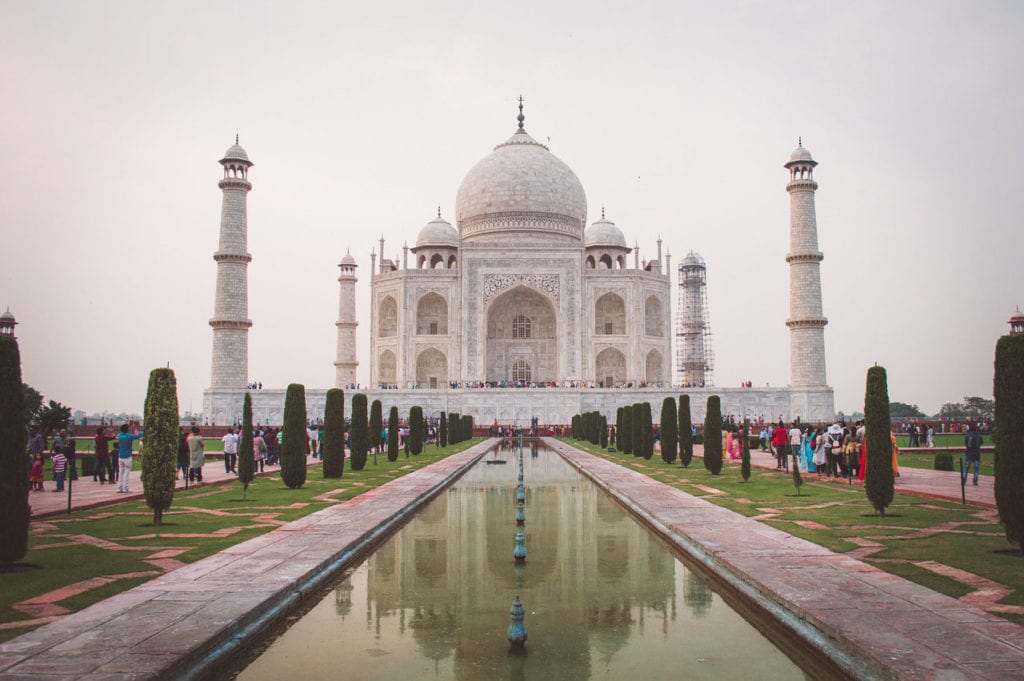The State of Rare Disease in India
There are 7,000 known rare diseases worldwide. The Organization for Rare Diseases India (ORDI) estimates 70 million people are affected by a rare diagnosis in India, which equates to one in every 20 patients. Almost half of all rare diagnoses in India belong to children. 30% of all rare patients don’t live to the age of 5.
These include conditions such as Fabry Disease, Gaucher Disease, and Hunter Syndrome. Unfortunately the average time till diagnosis for these diseases is seven years. This is due to a lacking knowledge base on the part of physicians as well as a lack of understanding concerning rare disease prevalence. However, with a few changed policies, the state of rare disease patients in India could be significantly altered.
80% of rare diseases have a genetic origin which is identifiable. With increased awareness, we could significantly improve the rate of diagnosis.
Advocates believe the two primary ways life for those living with rare diseases in India could be improved is with the addition of mandatory newborn screening and increased government subsidies.
Screenings
Newborn screening tests are conducted soon after the child is born. They examine the presence of numerous genetic, metabolic, or developmental conditions in the infant. If one is detected, the child can begin treatment soon after— even before the patient experiences symptoms. Since the average diagnosis time is typically seven years, being diagnosed as an infant could significantly decrease the amount of time a patient has to live without treatment. Getting treatment to the patient faster increases its chance of being effective. Ultimately, the sooner a patient receives treatment, the better their chance of living a “normal” life.
By making newborn screening mandatory, the rate of diagnosis would likely increase astronomically. It’s a small step that could have an exponential impact.
Currently, only a few government hospitals conduct newborn screening in India. Advocates are fighting for all government hospitals to acquire the practice. As it is now, many patients have to attend a private hospital to receive screening, which means many socioeconomic classes of patients can’t afford the tests.
Subsidies
However, even once a diagnosis is received, too many patients can’t afford treatment. The cost is so high because of the years of research which go into these conditions coupled with the small population of patients. But ultimately, it’s an ethical issue. Experts are advocating for the government to subsidize rare disease treatments. Therapies range from 100,000 Rupees to 5,000,000 Rupees per month.
Back in 2017, the National Policy for Treatment of Rare Diseases was created which allocated 1,000,000,000 Rupees to fund rare disease therapies. However, this money was put on hold by the health ministry in November of 2018. Their reasoning was that they wanted their primary focus to be on other conditions. Advocates and patients organizations have been advocating since then for its reinstatement.
Some believe India should adopt policies like those that exist in the Philippines and Australia, where the government covers all costs for rare disease treatments.
In Conclusion
In conclusion, these are just some of the possible ways India could work to improve the lives of rare disease patients. It is clear that something needs to change, and its likely that government action could have the most dramatic impact.
“We urgently need national and state policies that address the unique requirements of the rare disease community and enable them to lead lives of dignity and self-worth.”
In the meantime though, its important to remember that everyone has an impact on the environment around them. This means that although the average person cannot change the state of diagnosis and treatment for all rare disease patients in the country, everyone can work to create an inclusive environment for these individuals. Small things can still have a significant impact on the quality of life of patients and we each play a role, no matter how large or small.
You can read more about the argument for mandatory newborn screening and government subsidies in India here.








